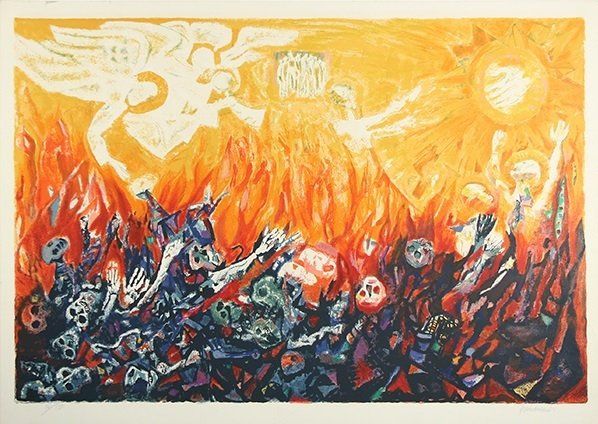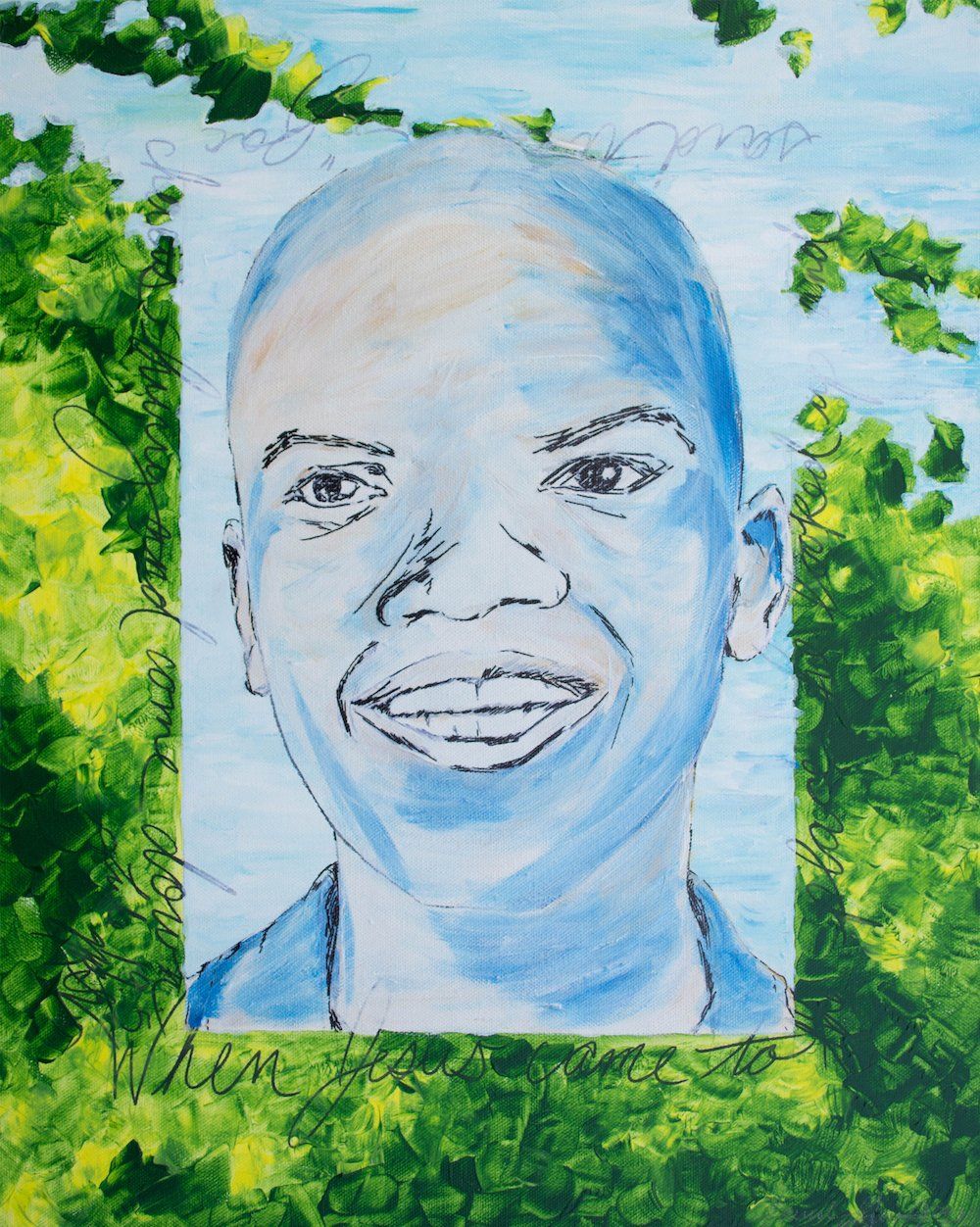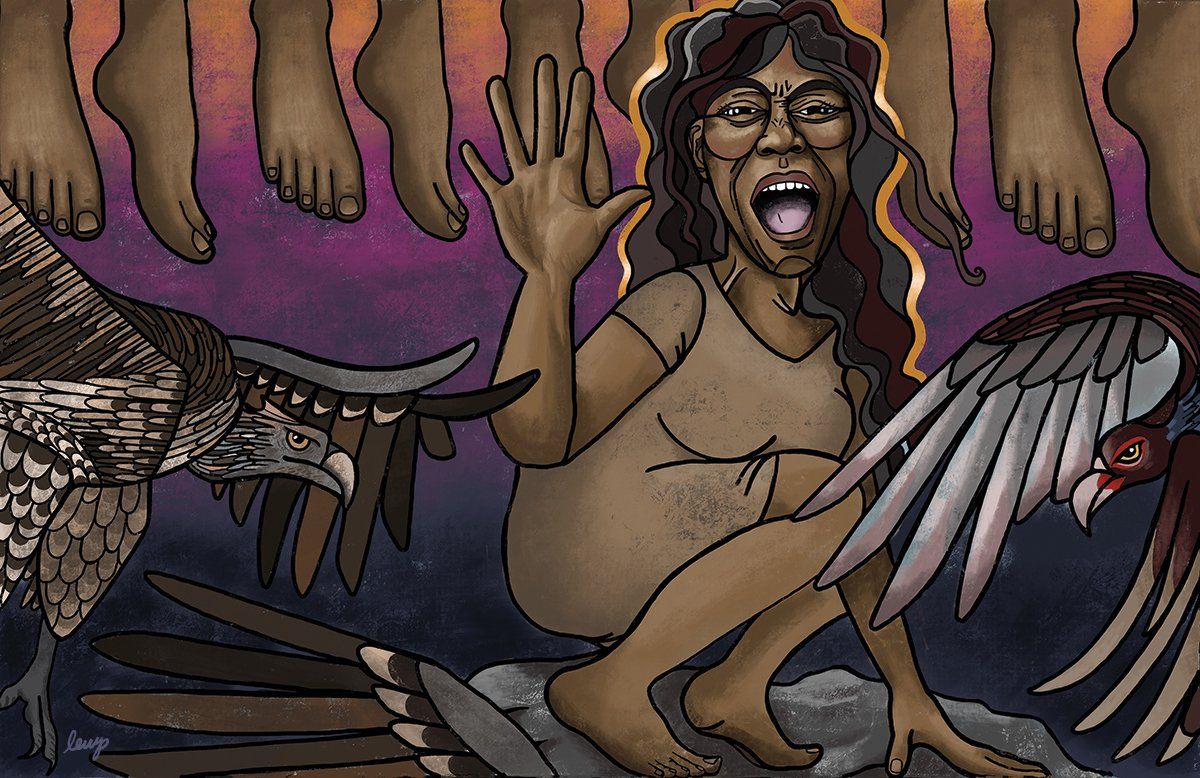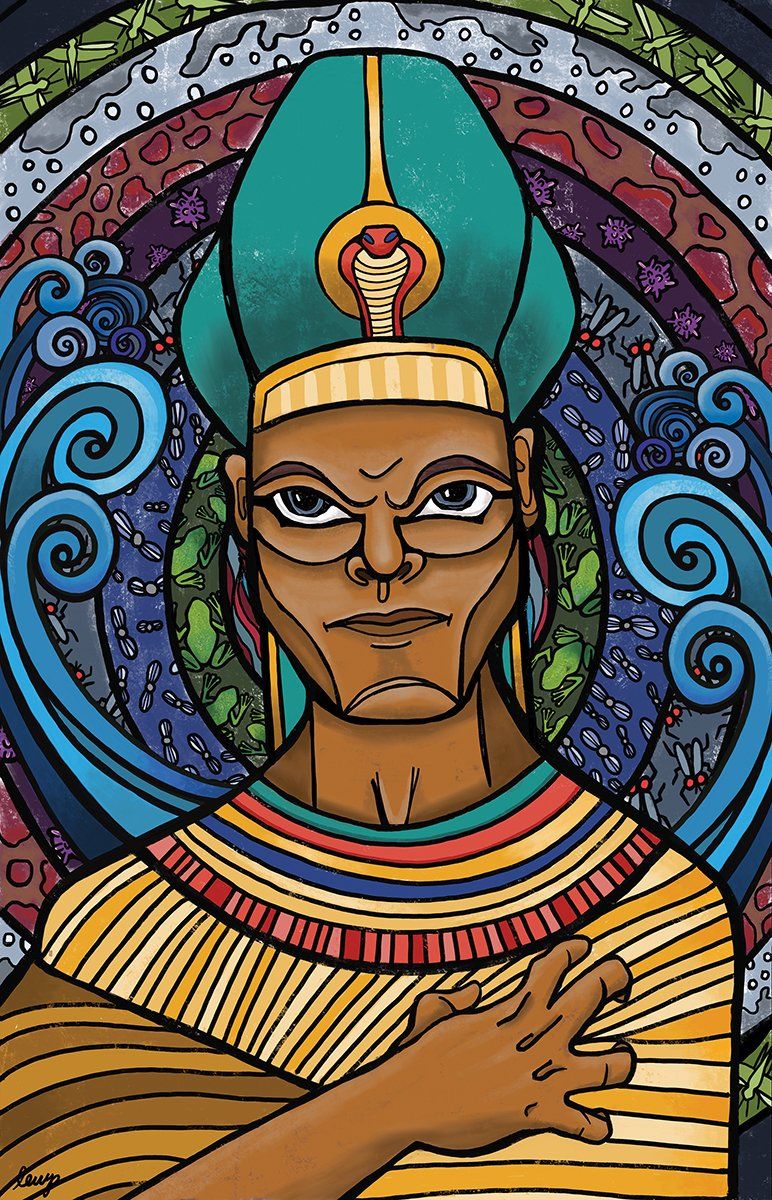Home, Sweet, Home
Please note, the views I express here are my own from my own experiences, and don't necessarily reflect those of all church members. Last week, my spouse and I did a big thing - we closed on a house and moved into it. We’re officially homeowners. After years of being assigned housing at school or through ministry positions, and years of sometimes tense relations with landlords, we now have our own home - a home we can do what we like to, a home we can make our own. This step, like any big life decision, hasn’t come without its internal wrestling, however. We live in a society that idealizes huge houses with tons of space, which is often bad for the environment and bad for communities. Internally, they must be shiny and up to date, which can mean wasting materials that are working just fine. In the GTA where we live, housing prices rise while income has not risen at nearly the same rate meaning the system keeps people in debt. Most municipalities in the area are woefully under-serving low income families in terms of affordable housing. All of this leading us to wonder over the last year or so, do we even want to participate in this system? What are the real benefits and how much are we just experiencing the pressure, which many young adults feel that somehow you’re not a “real” adult until you own your own home? Well, we obviously went through with it - for all the usual reasons. It’s an important investment. We want to be able to create our own space, and have rooms and appliances that suit our needs. We want to truly invest in our community and neighbourhood. It makes sense for a lot of reasons. But as we unpacked boxes this weekend, I thought about the notions of home that we have and all those who are without a home. As caravans of thousands of migrants move through Central America and Mexico seeking safety and asylum in a new home, I remembered again the privilege it is to be able to live in a space that is safe, and to be able to call that space our own. As millions of people are displaced worldwide due to war and natural disaster, (not to mention those who are homeless right here in the GTA), there are many conversations being had around who has the right to make a home in certain places. While no one questioned our buying a house, I too, am an immigrant. While my situation in America wasn’t a dangerous one, I did come to Canada in 2011 because there was an opportunity here that wasn’t available in the US at the time. Not one person ever insinuated that I married my spouse because it was convenient for me, and so, no one has questioned the idea that we would buy a home and own property here. Just why we see some people as entitled to a safe home and others as not entitled is something we must grapple with in the Western world, and in the church - especially if our ancestors were people who also moved to new places seeking a better life. We should pay attention to the ways certain comments are coded in racial terms. For example, as a young, educated white woman who speaks English, I was seen as “ambitious” and “brave” for starting my career in a new country. No one accused me of “stealing” a job. Yet, people with different skin tones and languages can be seen as dangerous or hostile to the people already living there. The fact is, the world is getting smaller and much more global. My spouse grew up in a teeny town in Ontario with his four siblings. In our expanding family, two of us siblings in law are currently applying for Canadian citizenship, and our other sister-in-law is first generation Canadian. We are a fairly diverse bunch it turns out, and embody just in our family, that it is natural for human beings to move and set up home in the places that will give them the best chance at the best life. As Christians, it’s right that we have a bit of a tenuous relationship with the concept of home. Throughout scripture, we are reminded that our true home is with God, and that our homes here on earth are temporary. Far from home being something that is used for power or keeping others out, though, any home we have here should be for strengthening us to be Christ’s hands and feet in the world. Our homes should radiate God’s love and be a little oasis, a glimpse of that forever home we aspire to. God’s people, too, have always been on the move - from the Israelites in the desert to Jesus’ disciples - we are a wandering people. So when we see people on the move, we might wonder, is something holy happening here? What is God trying to draw our attention to? Over and over, God reminds us we must love the immigrant, the refugee, and the stranger because we have been those things too. As followers of Christ, we are to make home a possibility for all people - it’s not just a privilege for some. I am so proud of the work our church has done to resettle some refugees from the war in Syria. We also work locally to make home a reality for those who are housing insecure in Mississauga. Our church home, beautiful in diversity, and beautiful in all its imperfections, offers a glimpse of God’s home, God’s Kingdom, which is the ideal for which we strive. Especially as we approach this Advent and Christmas season, and we hear the ancient story again about a family without a place to stay, we pray that all our neighbours around the world would find a home, and we pray that our own homes would be places of peace and compassion and generosity.
Please note, the views I express here are my own from my own experiences, and don't necessarily reflect those of all church members.
Last week, my spouse and I did a big thing - we closed on a house and moved into it. We’re officially homeowners. After years of being assigned housing at school or through ministry positions, and years of sometimes tense relations with landlords, we now have our own home - a home we can do what we like to, a home we can make our own.
This step, like any big life decision, hasn’t come without its internal wrestling, however. We live in a society that idealizes huge houses with tons of space, which is often bad for the environment and bad for communities. Internally, they must be shiny and up to date, which can mean wasting materials that are working just fine. In the GTA where we live, housing prices rise while income has not risen at nearly the same rate meaning the system keeps people in debt. Most municipalities in the area are woefully under-serving low income families in terms of affordable housing. All of this leading us to wonder over the last year or so, do we even want to participate in this system? What are the real benefits and how much are we just experiencing the pressure, which many young adults feel that somehow you’re not a “real” adult until you own your own home?
Well, we obviously went through with it - for all the usual reasons. It’s an important investment. We want to be able to create our own space, and have rooms and appliances that suit our needs. We want to truly invest in our community and neighbourhood. It makes sense for a lot of reasons.
But as we unpacked boxes this weekend, I thought about the notions of home that we have and all those who are without a home. As caravans of thousands of migrants move through Central America and Mexico seeking safety and asylum in a new home, I remembered again the privilege it is to be able to live in a space that is safe, and to be able to call that space our own.
As millions of people are displaced worldwide due to war and natural disaster, (not to mention those who are homeless right here in the GTA), there are many conversations being had around who has the right to make a home in certain places. While no one questioned our buying a house, I too, am an immigrant. While my situation in America wasn’t a dangerous one, I did come to Canada in 2011 because there was an opportunity here that wasn’t available in the US at the time. Not one person ever insinuated that I married my spouse because it was convenient for me, and so, no one has questioned the idea that we would buy a home and own property here.
Just why we see some people as entitled to a safe home and others as not entitled is something we must grapple with in the Western world, and in the church - especially if our ancestors were people who also moved to new places seeking a better life. We should pay attention to the ways certain comments are coded in racial terms. For example, as a young, educated white woman who speaks English, I was seen as “ambitious” and “brave” for starting my career in a new country. No one accused me of “stealing” a job. Yet, people with different skin tones and languages can be seen as dangerous or hostile to the people already living there.
The fact is, the world is getting smaller and much more global. My spouse grew up in a teeny town in Ontario with his four siblings. In our expanding family, two of us siblings in law are currently applying for Canadian citizenship, and our other sister-in-law is first generation Canadian. We are a fairly diverse bunch it turns out, and embody just in our family, that it is natural for human beings to move and set up home in the places that will give them the best chance at the best life.
As Christians, it’s right that we have a bit of a tenuous relationship with the concept of home. Throughout scripture, we are reminded that our true home is with God, and that our homes here on earth are temporary. Far from home being something that is used for power or keeping others out, though, any home we have here should be for strengthening us to be Christ’s hands and feet in the world. Our homes should radiate God’s love and be a little oasis, a glimpse of that forever home we aspire to.
God’s people, too, have always been on the move - from the Israelites in the desert to Jesus’ disciples - we are a wandering people. So when we see people on the move, we might wonder, is something holy happening here? What is God trying to draw our attention to?
Over and over, God reminds us we must love the immigrant, the refugee, and the stranger because we have been those things too. As followers of Christ, we are to make home a possibility for all people - it’s not just a privilege for some.
I am so proud of the work our church has done to resettle some refugees from the war in Syria. We also work locally to make home a reality for those who are housing insecure in Mississauga. Our church home, beautiful in diversity, and beautiful in all its imperfections, offers a glimpse of God’s home, God’s Kingdom, which is the ideal for which we strive.
Especially as we approach this Advent and Christmas season, and we hear the ancient story again about a family without a place to stay, we pray that all our neighbours around the world would find a home, and we pray that our own homes would be places of peace and compassion and generosity.








